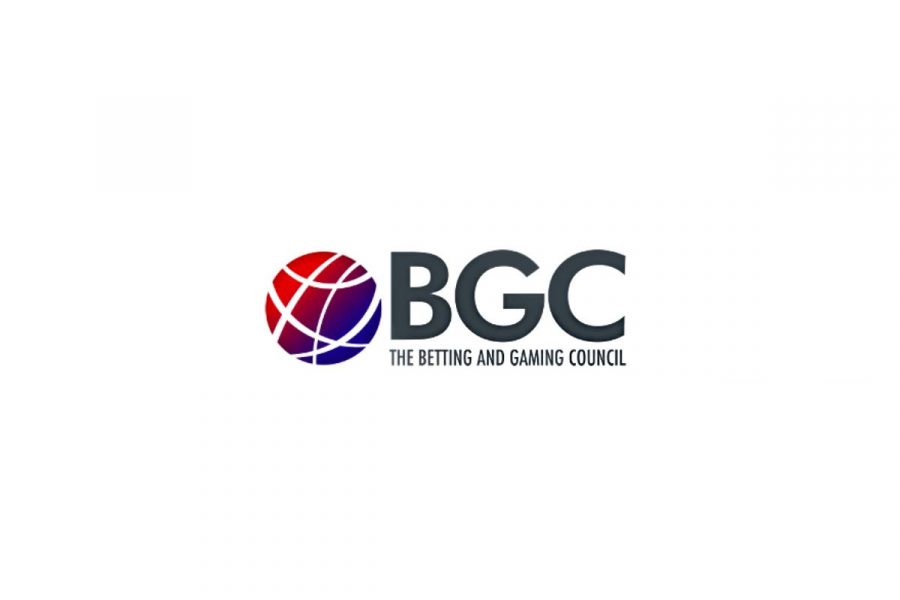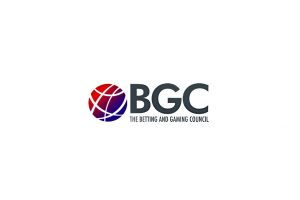UK: 47% drop in TV betting ads during Euro 2020 group stage

The Betting and Gaming council has reported that the number of betting ads shown on TV during the Euros group stage were almost half the amount seen during the last World Cup.
UK.- The industry body the Betting and Gaming Council (BGC) has highlighted a 47 per cent drop in betting ads on TV during the Euro 2020 group stage.
The body has reported that just 85 betting ads were shown on ITV and ITV4 during their coverage of the Euro 2020 group stages. That compares to 161 ads during the group stage of the 2018 World Cup.
The average number of ads per match for the Euro 2020 groups stage was 3.7, which compares to 6.9 during the last World Cup.
The BGC said the drop was a direct result of its members’ whistle-to-whistle ban on advertising, which was introduced in 2019.
The ban prohibits TV betting commercials from five minutes before kick-off until five minutes after a match ends when matches are shown before UK television’s 9pm watershed.
Last year, the BGC reported that its whistle-to-whistle ban had led to a 97 per cent reduction in the number of such ads seen by children. BGC members also pledge that 20 per cent of their TV and radio ads are safer gambling messages.
Michael Dugher, chief executive of the Betting and Gaming Council, said: “These figures are testament to the success of the whistle-to-whistle ban and the continued drive for higher standards introduced by the regulated industry since 2019.”
Calls for a ban on gambling ads
He also noted the calls for a ban on gambling ads made by some politicians before the start of the postponed Uefa tournament.
He said: “At the start of the tournament, we had the same siren voices from the usual suspects in the anti-gambling lobby making dire warnings about people being ‘bombarded’ with betting ads and calling for a ban.
“I’m pleased that calls from prohibitionists to ban TV betting ads are baseless and not backed up by the evidence, with the Government themselves also acknowledging that independent research ‘did not establish a causal link between exposure to advertising and the development of problem gambling.
“Nevertheless, the significant reduction in the number of betting commercials during the Euros, when compared to the last World Cup, is further proof of the commitment by our members to raising standards – while also promoting safer gambling, unlike the unsafe, unregulated black market that employs no one, pays no tax and makes no contribution to the economy or many of our much-loved sports.”











